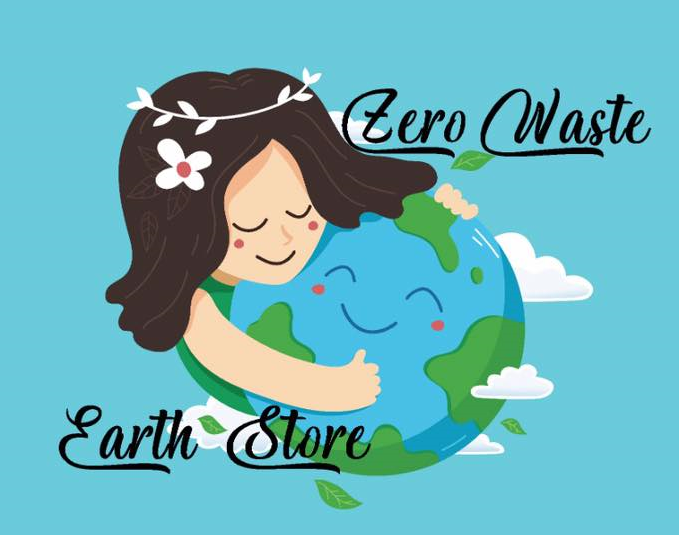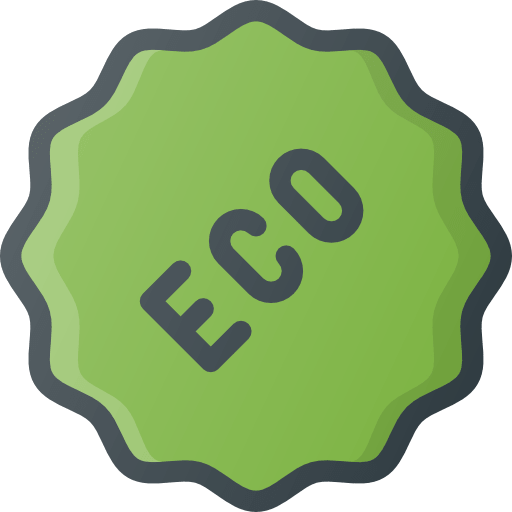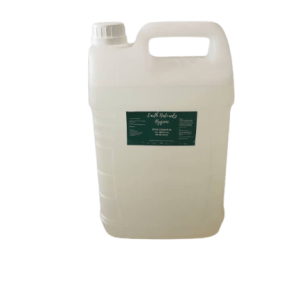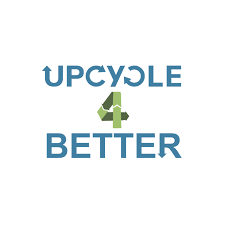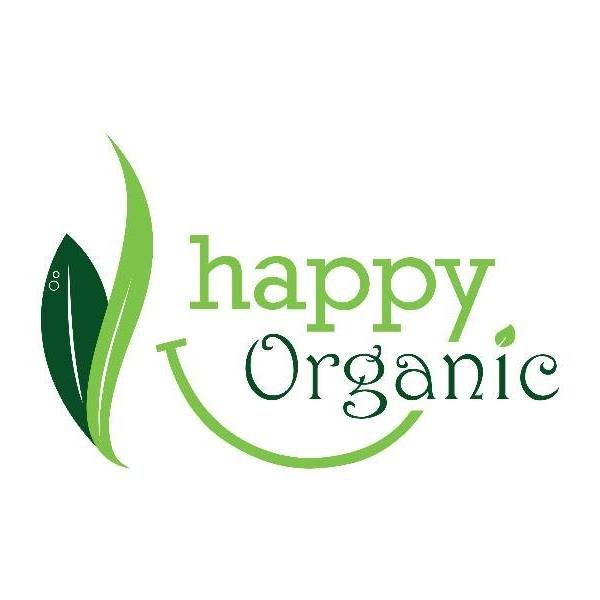The Department of National Solid Waste Management reported that the landfills could not be relied on anymore because there are too many saturated landfills in Malaysia. Experts have forecasted no space will be available by 2050 if nothing is done to reduce waste.
Recent studies have revealed that Malaysia is the third largest contributor to global plastic pollution in the oceans after the Philippines and India. Addressing plastic pollution requires a comprehensive and long-term approach including reduction of plastic use.
The rapidly growing population, urbanization, and consumption patterns have significantly increased waste generation. However, sustainable waste management practices offer viable solutions to mitigate these issues and play a crucial role in addressing waste’s environmental, social, and economic challenges.
The primary objective of this report is to raise awareness about the positive environmental outcomes associated with refilling and reusing plastic containers.
Individuals, and organizations can adopt the concept of the circular economy that emphasizes minimizing waste generation, maximizing resource efficiency, and promoting sustainability.
Zero Waste Earth Store collaborating with the GHG consultancy, Sustainable Scenario, to achieve this by conducting a comparative analysis between the application of circular economy principles and the traditional linear economy model which is based on the extraction of raw materials and disposal of products in landfills

In the pursuit of a more sustainable and environmentally conscious business model, Zero Waste Earth Store (ZWES) has undertaken a commendable initiative to reduce plastic pollution and greenhouse gas emissions (GHG).
Over the past six months (January to June), ZWES’s customers have played a pivotal role and making a significant contribution to the reduction of plastic waste by bringing their own containers and bottles, thus reducing the need for plastic packaging
A total of 770 kg of CO2 emissions were avoided, with the most significant contributions coming from the avoidance of plastic HDPE and PET packaging. More than 4000 pieces of packaging materials production were reduced and prevented from entering landfills.
The quantification of GHG emissions avoided in this report is based on the Life Cycle Assessment (LCA)* approach. It calculates the GHG emissions that would have been produced if the traditional packaging and distribution methods were used, as opposed to the sustainable refilling practices employed by ZWES.
